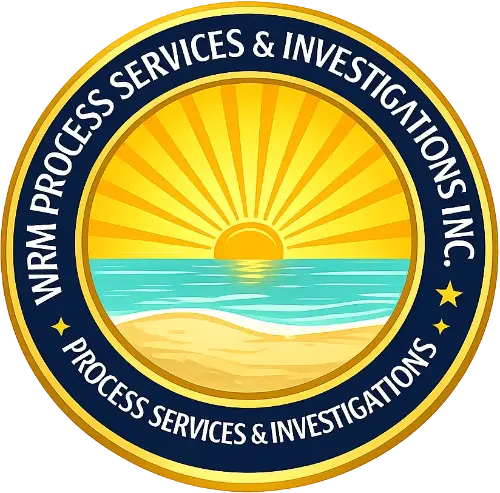The Ninth Circuit Court recently ruled on a law enforcement case involving the DEA. The court heard challenges by the defendant that his Fourth Amendment Right to Privacy was violated when the DEA placed a GPS Tracking Device on the vehicle he was driving. The Ninth Circuit ruled in favor of the DEA. This court found that Mr. Juan Pineda-Moreno’s Fourth Amendment Rights were not violated when the DEA placed a GPS Tracking Device on the vehicle he was driving. This case is definitely a win for the law enforcement community, but earlier in the month the US court of appeals for the District of Columbia reversed a conviction based on the failure of law enforcement to secure a warrant for the use of a GPS Tracking Device. It seems that our courts are divided on this issue. As a result, it is inevitable that we will see in the future continued court privacy challenges and attempts by the governments to enact legislative restrictions on the use of these devices by law enforcement, private investigators and individuals. Below is a dispatch written by Jimmie Mesis, LPI. He is the Legislative Chairman of the National Council of Investigators & Security Services-(NCISS). The post was distributed to all members of the NCISS on their website. The original post can be viewed at http://nciss.com/Legislation/GPS_tracking_without_warrant.htm
- Ninth Circuit Court Rules on Law Enforcements Use of GPS Tracking Devices By: Jimmie Mesis-NCISS Legislative Chairman
- Ninth Circuit Court Makes Ruling in Favor of GPS Tracking Without a Warrant By: Jimmie Mesis, LPI-NCISS Legislative Chairman
A ruling by the US Court of Appeals for the Ninth Circuit yesterday may have adverse affects on the use of GPS trackers by private investigators. The court actually ruled in favor of law enforcement declaring they did not violate the Fourth Amendment rights of Juan Pineda-Moreno when the DEA placed a tracking device on his vehicle in 2007.
While this may be a victory for law enforcement, it brings unnecessary attention to the existence and use of GPS tracking devices by individuals and private investigators. Media outlets are already jumping on this topic and will likely start contacting detective agency owners asking if and how they use GPS tracking devices on cases. CNN already did this yesterday and I’m sure local TV news channel will follow.
There is no doubt that the privacy advocates will use the publicity generated by this ruling to immediately cause legislators to introduce a bill regulating the use of GPS trackers, especially by non-law enforcement. This publicity was inevitable and the courts ruling will likely accelerate anti GPS legislation at the federal level.
The Court ruled that people have no expectation of privacy when a vehicle is parked in the driveway or in public view. However, earlier this month the U.S. Court of Appeals for the District of Columbia Circuit reversed a conspiracy conviction based on law enforcement authorities failing to acquire a warrant using a GPS unit. So, the courts on opposite ends of the country are split on this issue.
The NCISS legislative committee will continue to monitor this breaking news and work with legislators to protect the interest of private investigators and security companies that use GPS tracking devices for lawful purposes in the course of business.
The national Council of Investigative & Security Services website can be found at http://www.nciss.org.
